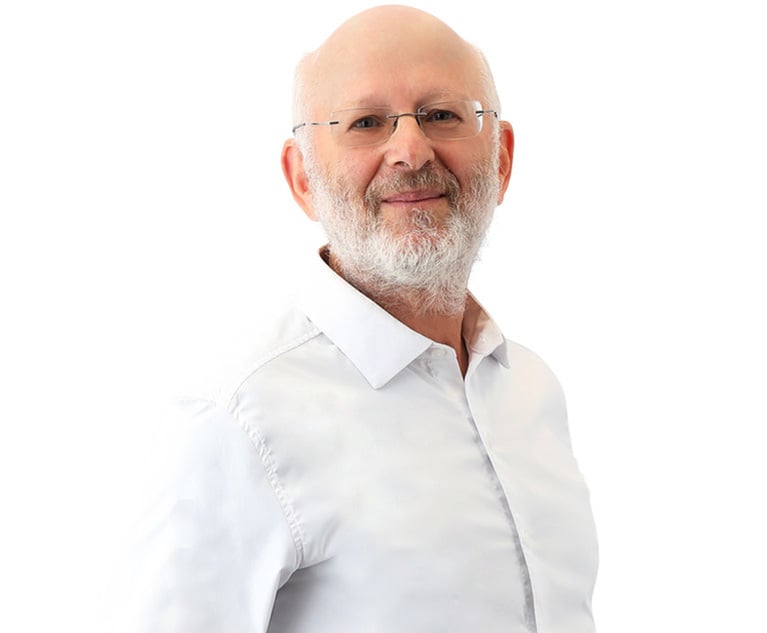HONOLULU (KHON2) — Nicole Cacal, the founder and CEO of Forbes Ignite, has forged an impactful path in the field of artificial intelligence (AI).
Her story begins in the vibrant surroundings of Hawaiʻi, where she pursued her initial academic endeavors before venturing into the global tech landscape.
Get Hawaii’s latest morning news delivered to your inbox, sign up for News 2 You
Cacal’s educational journey started at the University of Hawaiʻi, where she studied finance and international business.
Her thirst for knowledge and design led her to New York City, where she earned graduate degrees from the Parsons School of Design and Columbia University, focusing on technology management.
Cacal’s passion for design and its potential to solve real-world problems played a significant role in shaping her career.
Cacal’s foray into AI began with her fascination for design and its ability to address complex human challenges.
At Parsons, where she not only studied but also taught, she explored Human-Centered Design—a methodology focused on creating solutions that cater to people’s real needs.
This approach underpins her work in AI, emphasizing that technology should be designed with a deep understanding of human interactions.
In her own words, Cacal described her mission at Forbes Ignite, an innovation consultancy, as helping Fortune 500 companies and late-stage startups reimagine their business models at the intersection of technology, sustainability, and social impact.
“We launched about five years ago,” she said. “Our goal is to guide organizations in integrating technology with sustainable practices and social responsibility.”
Forbes Ignite serves a global clientele, advising on how to integrate these elements into business strategies effectively.
Cacal’s commitment to bridging the gap between technology and humanity is evident in her approach to AI.
She noted that the best technology addresses real human needs, and this principle guides her work.
“Many technology challenges are actually about understanding people better,” she explained. “The more we can align technology with genuine human needs, the more impactful it becomes.”
Cacal is dedicated to ensuring that AI systems are not just advanced but also accessible and understandable.
“It’s not enough for AI to be sophisticated; it needs to be meaningful and user-friendly,” she added.
Recently, Cacal relocated back to Hawaiʻi, where she launched a new venture, NicoleCacal.com. This initiative focuses on aiding small to mid-sized businesses with their digital and business strategies.
Her goal is to help these businesses go from mere ideas to viable business models within three months.
“Returning to Hawaiʻi and starting this new venture allows me to support local businesses and foster growth in my community,” Cacal said. “I’m passionate about helping small businesses navigate the digital landscape and turn their visions into reality.”
Cacal’s educational philosophy extends to her teaching roles at Parsons School of Design and Pratt Institute, where she imparts knowledge on Human-Centered Design.
She emphasizes the importance of understanding and respecting cultural values in technology development.
“Teaching Human-Centered Design is about instilling a mindset that technology should serve people, not the other way around,” Cacal remarked. “We need to ensure that technological advancements are respectful of cultural and societal contexts.”
In discussing the future of AI, Cacal shared her belief that AI will become a seamless part of decision-making processes.
“AI has the potential to revolutionize industries by making experiences more personalized and empathetic,” she noted. “Imagine AI systems that not only anticipate customer needs but also enhance human interactions in a meaningful way.”
Cacal highlighted how AI could revolutionize industries by anticipating customer needs and enhancing interactions.
However, Cacal also addressed the challenges posed by AI, such as the digital divide and accessibility issues. She stressed that as AI systems become more complex, making them understandable and accessible is crucial.
“We need to tackle the digital divide and ensure that AI technology is within reach for everyone,” Cacal stated. “Human-centered design can play a significant role in overcoming these barriers by focusing on accessibility and usability.”
Looking forward, Cacal emphasized the need for adaptability and lifelong learning in an AI-driven future.
“Technical skills in AI are essential, but emotional intelligence and creativity will be the differentiators,” she said.
Cacal also stressed the importance of combining technical knowledge with cultural and environmental insights to create solutions that resonate globally and locally.
“To make a real impact, we must blend technical expertise with a deep understanding of cultural and environmental contexts,” she concluded.
Cacal’s work exemplifies the intersection of technology, design, and human-centered approaches. Her efforts reflect a commitment to leveraging AI for positive change while respecting cultural and societal values.
You can watch Cacal’s full interview in the video above. You can click here to learn more about Forbes Ignite.
Get news on the go with KHON 2GO, KHON’s morning podcast, every morning at 8
Through her ventures and teaching, Nicole Cacal continues to drive innovation and inspire the next generation to think critically and creatively about the future of technology.
Copyright 2024 Nexstar Media, Inc. All rights reserved. This material may not be published, broadcast, rewritten, or redistributed.
For the latest news, weather, sports, and streaming video, head to KHON2.



